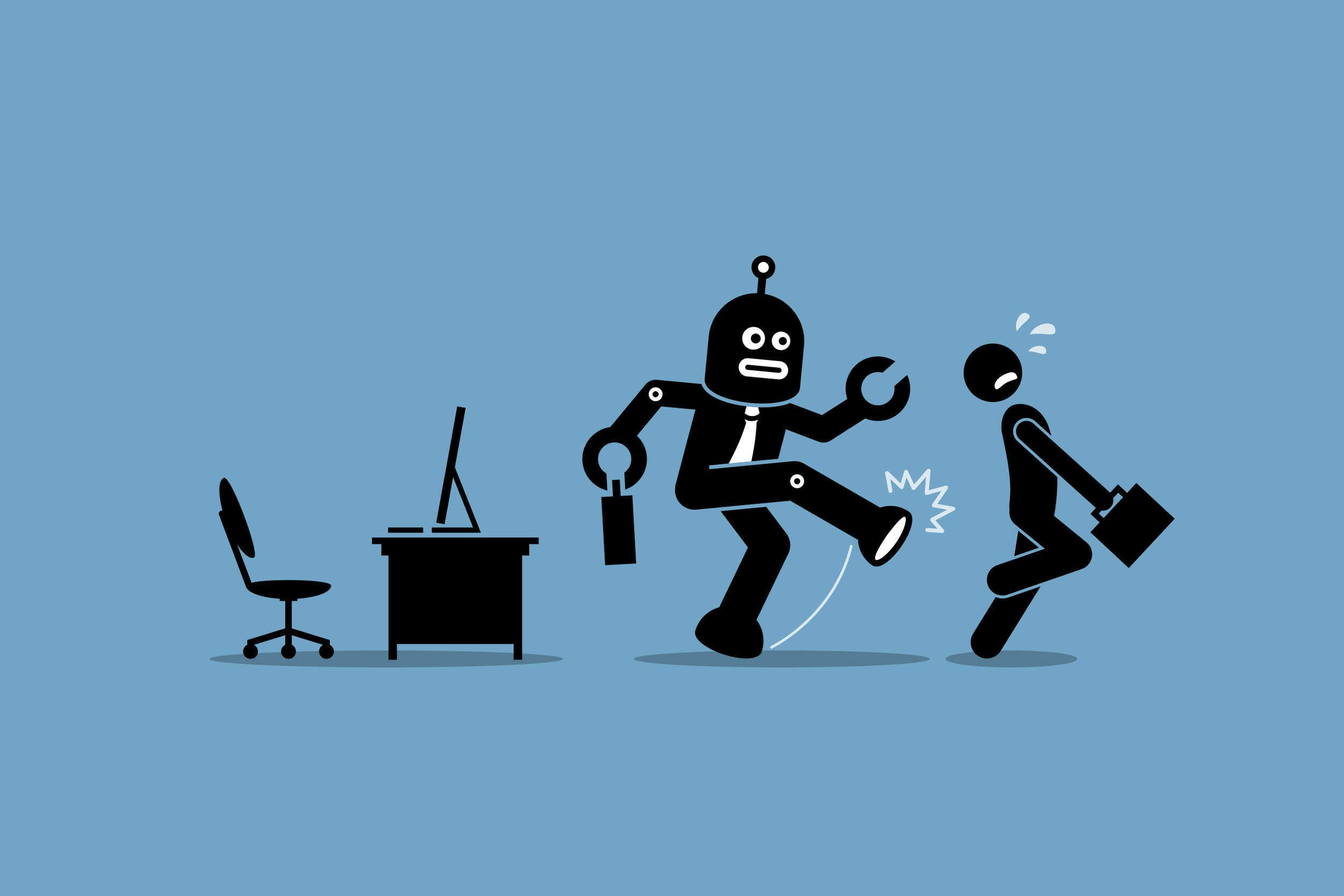Worldwide the critical question is becoming; what is the future of work in an era of exponential technology development?
Artificial intelligence (AI) is arguably the big game changer.
We already see narrow AI in use in internet searches, customer targeting applications, and in predictive analytics.
But AI has much greater capability that will merge into every aspect of our lives in the future. Increasingly devices will learn more about us, provide an ever-increasing range of support and take on more of our tasks.
We are automating a lot more activity in literally every sector and that is set to continue at an accelerating rate.
Future of business
In our recent book on The Future of Business, we identified 30 different trillion-dollar industry sectors of the future, which we grouped into clusters.
We expect these clusters and the underlying sectors to be impacted radically by exponential technology developments:
-
Information and communications;
-
Production and construction systems;
-
Citizen services and domestic infrastructure;
-
New societal infrastructure and services;
-
Transformation of existing sectors such accounting, legal, and financial services, and
-
Energy and environment.
So, we can clearly see the significant disruptive potential that technology offers to emerging sectors and the new players within them.
The McKinsey Global Institute looked at which technologies will drive the economy of the future.
They found that mobile internet, the automation of work knowledge, the Internet of Things (where many factory, office, and household devices and appliances are connected to the internet), and cloud computing would all form part of a transformative information technology backdrop and be the most significant creators of new economic value.
They also singled out advanced robotics and autonomous vehicles as playing a significant part in future economic growth.
Future skills and management challenges
Pew Research, back in 2014, posed the question: will networked, automated, AI and robotic devices have displaced more jobs than they have created by 2025?
- 48 percent of respondents said that robots and digital agents will displace significant numbers of blue-collar and white-collar workers
- Society would see increases in income inequality, significant numbers of unemployable people, and breakdowns in the social order
- Conversely, 52 percent said technology will not displace more jobs than it creates. Lost jobs would be offset by human ingenuity creating new occupations, and industries
- This group also pointed out that current social structures (for example, education) are not adequately preparing people for the skills needed in the future job market.
A 2013 study on the Future of Employment by Carl Benedikt Frey and Michael Osborne of the Oxford Martin School explored the probability of computerisation for 702 occupations and asked: which jobs are most vulnerable?
The most at risk groups were transport and logistics (taxi and delivery drivers), sales and services (cashiers, counter and rental clerks, telemarketers and accountants), and office support (receptionists and security guards). That’s the equivalent of 35 percent of the UK workforce.
A McKinsey Global Institute report last year looked at the automation of the global economy.
The findings were based on a study that explored 54 countries representing 95 percent of global GDP, and more than 2,000 work activities.
The report said that the proportion of jobs that can be fully automated by adapting currently demonstrated technology is less than five percent, although for middle-skill categories this could rise to 20 percent.
It also said that based on current technologies, 60 percent of all jobs have at least 30 percent of their activities that are technically automatable.
The research found that, ultimately, automation technologies could affect 49 percent of the world economy; 1.1bn employees and $12.7trn in wages.
China, India, Japan, and the US account for more than half of these totals.
The report concluded that it would be more than two decades before automation reaches 50 percent of all of today’s work activities.
The World Economic Forum’s study into The Future of Jobs last year saw an increasingly dynamic jobs landscape.
It estimated that 65 percent of children entering primary school today will work in job types that don’t yet exist, and that 3.5 times as many jobs could be lost to disruptive labour market changes in the period 2015–2020 than are created.
While the study saw job losses in routine white-collar office functions it saw gains in computing, mathematics, architecture, and engineering related fields.
The report identified a number of job categories and functions that are expected to become critically important by 2020:
-
Data analysts – leveraging big data and AI
-
Specialised sales representatives – commercialising and articulating new propositions
-
Senior managers and leaders – to steer companies through the upcoming change and disruption
In addition, the report concluded that:
By 2020, more than a third of the desired core skill sets of most occupations will be comprised of skills that are not yet considered crucial to the job today. Social skills — such as persuasion, emotional intelligence and teaching others –will be in higher demand across industries than narrow technical skills, such as programming or equipment operation and control.
We believe that we could see around 80 percent of current jobs disappearing in the next 20 years.
They will become obsolete, or be fully or partially automated, or tasks will be redesigned to eliminate the need for human input and decision making.
The big question is whether these jobs will be replaced by the combination of entrepreneurship, increased investment in education and training, human endeavour and the rise of the six sector clusters described above?
We all like to work in a world that is calm, stable, and predictable but the reality is very different.
That world is changing ever faster, so we need to become proficient at developing and working with a new set of survival skills for the 21st century which include foresight, curiosity, sense making, accelerated learning, with a tolerance of uncertainty, scenario thinking, coping with complexity, and collaborative working.







